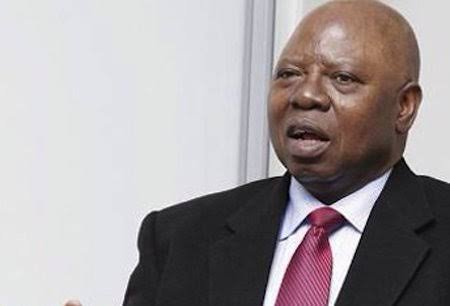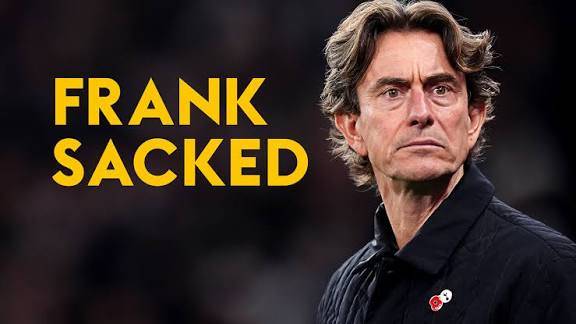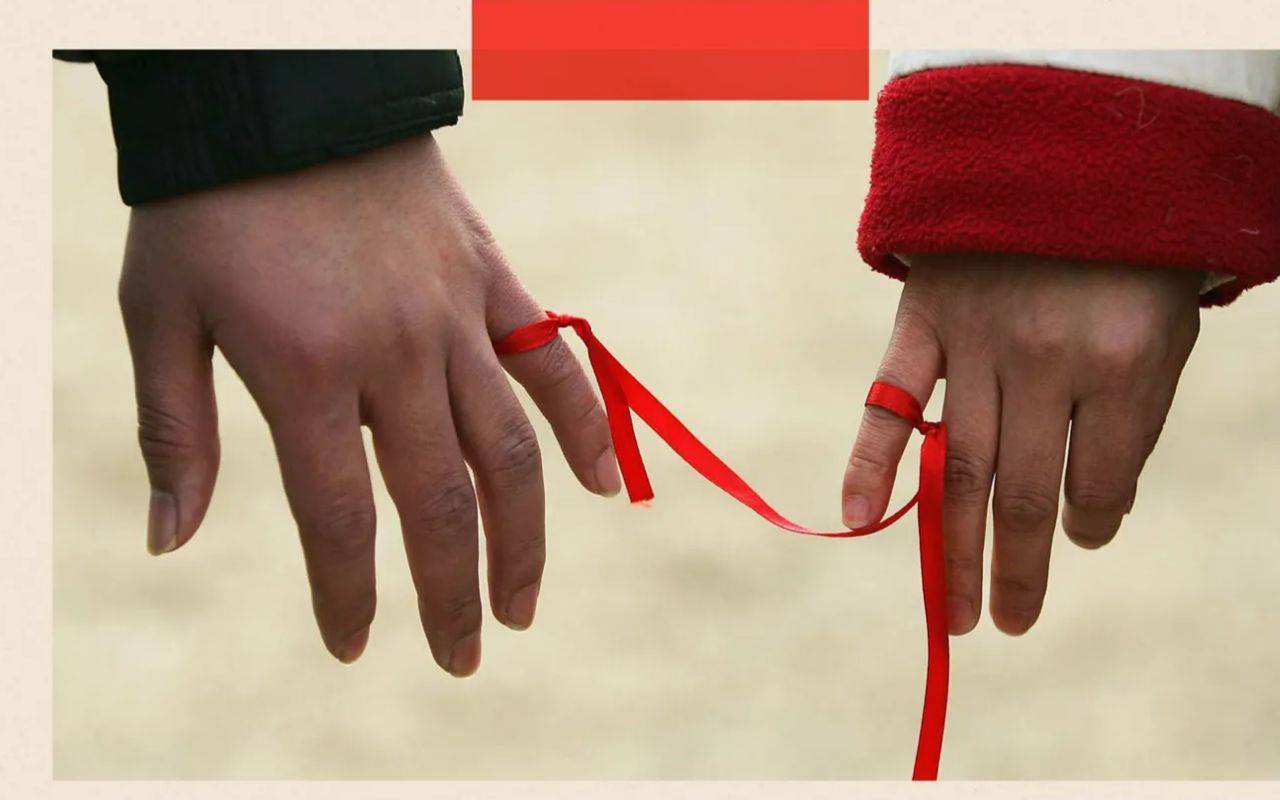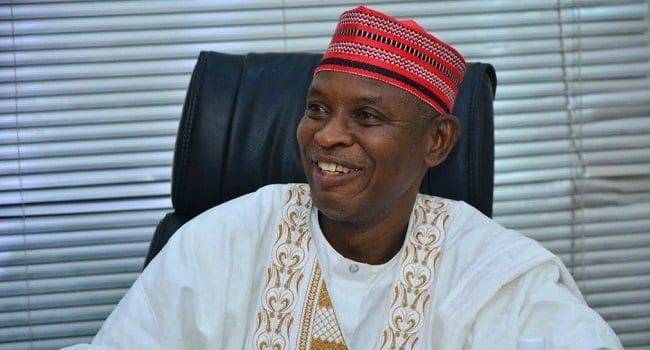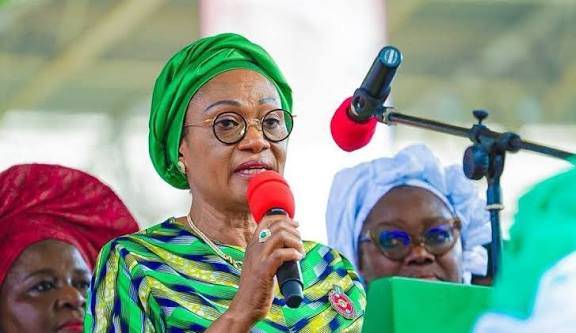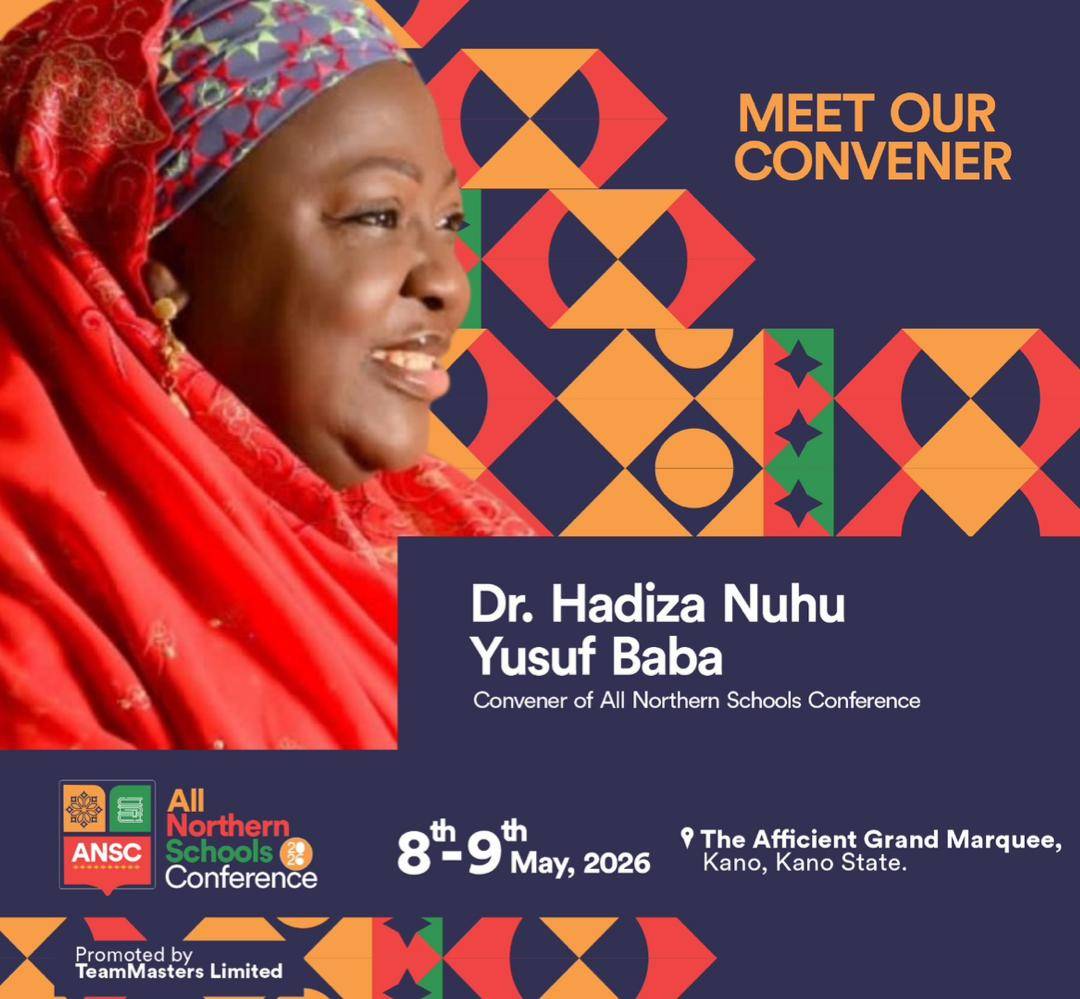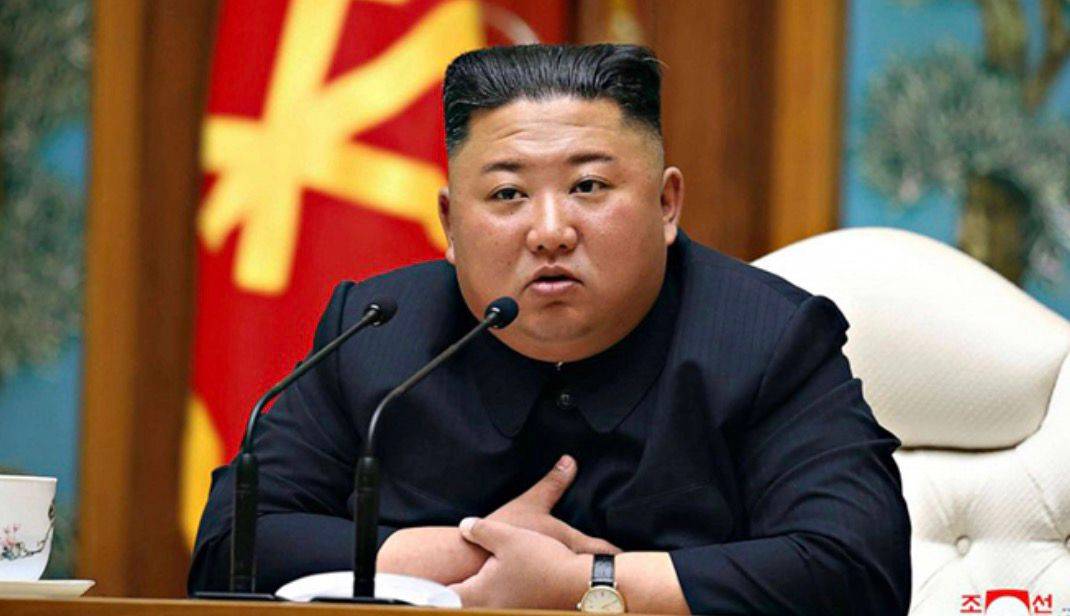By Niyi Osundare
Soon after Chief Olusegun Obasanjo won the presidential election of 1999 and started compiling a list of possible cabinet members and principal chieftains of the most important government parastatals, the rumour began to spread that Olatunji Dare was already in for a fat one. Some curious speculators said he was already penned down for a cabinet post, possibly as Minister of Information; some swore he was one of those being considered for plum ambassadorial postings; others speculated that a special temple was being built for him in Aso Rock where he would be the supreme deity in charge of all presidential discourse and high priest of presidential speech writers. Those behind these rumours were only wrong in the detail of their speculations, not in the principle behind them; for, in the end, Olatunji Dare was nominated for the post of Managing Director and Chief Executive of Daily Times, then the largest newspaper conglomerate in Nigeria and one of the hugest in Africa.
Now, let us wind back the tape a little bit and capture some of the spirit of that period. It was surely a time of giddy euphoria, of general good will, and generosity towards matters relating to government. After so many years of devastating military rule, including nine years of perfidious, nation-wrecking by General Ibrahim Babangida, and five by General Sani Abacha, the most hellishly murderous dictator in Nigeria’s history so far, a new chapter was opening in the annals of the country. Civil rule was back again. There was an air of freedom and cautious optimism; a certain feeling of relief that the brutes were back in the barracks. And Chief Obasanjo, the new President of the Federal Republic of Nigeria, came in with an appreciable measure of public approval, even good will, from compatriots who remembered his scathing and relentless criticism of Babangida’s military dictatorship (especially its homicidal IMF-instigated economic policies), and his close-to-death experience in General Abacha’s gulag. The new President therefore enjoyed, at that initial stage, a degree of sympathy and public support that was bound to redound on whoever chose or accepted to work with him.
So, accepting an appointment from this new man was considered patriotic, even enviable, by many observers already aware of Olatunji Dare’s sterling qualities as a journalist and his impeachable standing as a person. Besides, in the view of many observers, there was some logic to this offer: Dare was known for many years as Obasanjo’s speech writer and intellectual sparring partner and advisor. So this new position was something close to a payback or reward which the giver was eager to dispense and which the prospective recipient could not afford to refuse.
I read about this new appointment in the newspapers. Three or four friends also called me from Nigeria, congratulating me on my friend’s good fortune. But my response to those friends was ‘let’s wait and see’. A strong, instinctive hunch curtailed my enthusiasm and played havoc with my eagerness to hail and holler. For the Dare I know is not the kind of hound who jumps at this kind of meat; not the fortune-seeker who milks personal contacts and professional relationships for appointment to public office and access to political largesse. No. Despite the Babangidan doctrine that every Nigerian has a price (you only have to name it!) and the general Nigerian subscription to the come-and-chop policy of public service, I was sure there were still a few constant stars in our beleaguered firmament whose invigorating glow has not been dulled or occluded by the fog of rank opportunism. Even a couple of days later when word reached me that the other new overseas-based appointees had already hit the plane and landed in Nigeria to joyous celebration by expectant friends and families, I was sure that the Dare I knew would not snap up what in the typical Nigerian situation amounted to a political bait.
One long week passed and Dare’s name never showed up on the manifest of any of the planes bound for Nigeria; there was no news of a festive airport welcome or generous congratulation parties by family members and professional colleagues with ingratiating gifts and remember-me-later smiles. The newspapers ran dry on a former speech-writer suddenly come to great fortune through the ascension of his former beneficiary now turned benefactor with unlimited benefits. Who would not seek or strive to be close to the occupier of one of the most powerful (read imperial) presidencies in Africa, nay, the world? How many Nigerians could afford to miss this golden opportunity to reap where they had so tirelessly sown? One week later, I was on the phone to Olatunji Dare. “Onigegeewura (the One-with-the-Golden-Pen: for that is my oriki for him), what are you still doing here in the USA? Haven’t you heard about the red carpet waiting for you at Abuja airport and your new designation in our new dispensation? Don’t tell me you’re still dirtying your princely fingers with those flaky pieces of chalk, and working your eyes red over mountains of student scripts. Abi you no wan chop?”. A master satirist himself, Dare knew both the cause and complexion of my sarcasm, and he replied in kind. “I’m still here”, he said, “I have no intention to change jobs”. The thunder of our laughter could be heard from Peoria to Abuja.
And so Dare turned down (or just refused to take up) an appointment as Managing Director and Chief Executive of the Times empire. He did so not out of disrespect for President Obasanjo who nominated him to the post; for although he was gravely disappointed at many aspects of the Obasanjo presidency especially in its second term, he still talks nostalgically about the statesmanship and vision of the man in his pre-Presidential Otta Farm days, and the great leader he would have become had he not allowed the so-called ‘Nigerian Factor’ to diminish him into just another Nigerian ruler. Besides, Olatunji Dare is a man who lays much store by fidelity to friendship and loyalty in all dealings. When I hear him criticize the former President, he does so with the sensitivity and concern of one who regrets the failings of a friend and wishes he had been able to do better.
But how could Dare have turned down an offer which thousands if not millions of his colleagues would have given an arm and a leg to grab? How could he have thrown so recklessly away a golden opportunity to tap to the tinniest drop the spring of personal and political contact he had nurtured over the years which would now guarantee him limitless and unfettered access to Aso Rock, Nigeria’s seat of profitable power? How could he have pulled off this act of supreme virtue in a country not generously blessed with a crop of conscientious intellectuals? For, it is common knowledge that virtually every Nigerian professor is a classroom teacher by day and political job-seeker by night (In some desperate cases, the search for political preferment is a 24-hour job and lifetime engagement). Nigeria has more than its usual quota of palace professors and learned lobby jerks pounding government office pavements and genuflecting to powerful office holders young enough to be their own children or intellectually low enough to be their pupils. Like Professor in my play The State Visit, that weather-worn, pathetically obsequious penguin who bows at the drop of every command from the dictator’s mouth, no amount of insult is enough to assuage their desperation, no level of degradation, is enough to prick their suborned ego.
We remember with sobering reality the derisive comments of one of the military governors during the dark days of the Babangida dictatorship, who chastised Nigerian academics and their insatiable appetite for political office. He said something to this effect “Many of these university teachers have double faces. They write long words in the newspapers; they shout big words on radio and television, abusing government and abusing us. But they chase us everywhere. They crowd the waiting room in our offices and the corridors of the Governor’s mansion. They try to bribe my ADC, my personal assistant, even my gardener – just anyone they think can facilitate access to the Governor. They send their traditional rulers. I say this, and I’m not exaggerating: in my first week in office as Governor I had a trunk full of unsolicited cv’s and application letters from university teachers. Yes, in just one week, and I just kept asking myself, are things this bad in the universities? Why are these professors so desperate to abandon the job for which they were trained? What is driving them away?”.
Coming from a military governor in Babangida’s SAP-afflicted regime, the last two questions must sound at best rhetorical and at worst cynically disingenuous. For it was the military to whose political aberration the governor owed his gubernatorial power and privilege, that ruined the Nigerian economy and brought the university system to its knees through a relentless process of disempowerment and impoverishment. It was they who made sure that the university teacher’s take-home pay could no longer take them home (to plagiarize a witty ASUU slogan).
Be that as it may, that governor’s observation needs to prod us into further reflection regarding the intellectual’s apprehension of and role in a dysfunctional polity such as we have in Nigeria. For, instead of joining hands to find a solution to the problems in the educational system and the political dysfunctionality that has spawned these at the national level, many Nigerian intellectuals have always opted for the easier solution (which, in actual fact, ends up compounding the problem) by jumping the tottering ship of the educational system and hopping into the no less turbulent but infinitely more materially rewarding mega-ship of the public/political service. The drama of this transition is deliberate, calculated, and insidiously orchestrated.
First, brush up your rhetorical skills. Create cheesy populism on campus and make a loud noise. Make that noise even louder by insisting on being noticed beyond the campus walls. Ingratiate yourself with one or two television and radio stations where you can be seen and heard every week. Get hold of one or two newspapers and flatter the editors into either allotting you a column or granting you regular space in the op-ed pages. Now, with all these forums at your disposal, shout at the top of your voice, and at the top of your pen. Since this is your wonderful chance to play the omniscient guru, make the utmost of that opportunity: comment on everything under the sun and beyond the skies. Win a reputation as the ‘media guru’ and keep defending the title. Establish a profile as the defender of the people’s rights and advocate for their welfare. Borrow one or two catch phrases from Karl Marx though those who read between your lines would find no difficulty in locating your premise right in the median space between Adam Smith and Niccolo Machiavelli. In times of national crises, straddle the horse of public opinion and dance gingerly on the fence. Perfect the art of speaking from both ends of the mouth. When push comes to shove and the need arises, bless the government and bash the people, and make sure everyone in government gets a photocopy of your already published ‘byline’ or column. Blow hot, blow cold. But make sure you are never out of sync with the temperature in the government house. Pretend. Pretend. Pretend again. When your efforts are beginning to garner the calculated rewards, and invitations start pouring in to government cocktails and state banquets, make sure you circulate in the right circles. Grab the attention of the Governor, or the Secretary to his government, or his head of service, or his chief of staff. Spice your conversation with any or all of these potentates with frequent reference to “my column”, “my article”, “my tv/radio slot”, etc. Let the Governor know how terrifically good he is and how terribly bad his critics are, and how irredeemably ungrateful the citizens are. Don’t miss his birthday, or that of his wife. If you too are married, you may send off your wife occasionally to take care of the First Lady’s sartorial and tonsorial needs, help with house cleaning, and lend her muscle to the pounding of the yam for the Sunday supper. When all that is over and you are back on the university campus, start packing your things and tweaking your nose at your suffer-head colleagues; for your government appointment is invariably on the way.. . . .
I say again: Nigeria has more than its fair share of palace pundits and intellectual prostitutes; those professional jobbers who are always willing to sell intellectual integrity for something messier than a mess of pottage. These are the ones who impede our progress by corrupting public discourse, obfuscating the public mind, and devaluing intellectual currency. There is no gainsaying the fact that one of the reasons those in government look so pathetically down on the so-called university people is the prostration and self-abasement resulting from the acts of office-seekers whose groveling for political preferment has turned the Ivory Tower into a wilderness of crawling lizards. This is also why the university cannot absolve itself from blame for the perennial underdevelopment of the country.
Come to look at it: no change for good or ill has ever taken place in Nigeria without the input of the Nigerian intellectual. Some of the government-house intellectuals were always in and out with the military rulers, even the most virulent of them, that have literally turned Nigeria into a failed state. Those draconian decrees with which the military bound us hand and foot were drafted and perfected by the lawyers among the intellectual class. The ones that enabled the subterfuge that nearly made military rule a permanent reality in Nigeria (by planning to make Abacha a life president, for instance) were crafted by learned men. In many instances, Nigeria has witnessed the stunning irony of a learned man who made his name as a Human Rights lawyer joining government later and championing the promulgation of decrees which turned the fight for basic human rights into a treasonable offence.
We have seen a tumultuously heralded professor of constitutional law who not only supported and defended the annulment of a free and fair election (such as the one Nigeria had on June 12), but also went ahead to participate in the making a constitution designed to bury that election. These learned aiders and abettors of tyranny scour the archives of human knowledge for instances which justify their paymasters’ designs. They put a Machiavellian spin on the most unimaginable evil and strain no nerve when they labour to convince an incredulous world that there is indeed no hunger in a famine-infested land; only otherwise well fed citizens on a course of God-endorsed, nationally declared fasting. When their bubble of lies bursts and their current masters are swept out of office, they return to the university campus to wait for next gang of political masters.
In many ways, the nature of that return and its spectacular aftermath provide useful insight into the thinking of many members of the Nigerian intelligentsia. For some members of the university community, the ‘returning dons’ (A Nib in the Pond, p. 44) are nothing short of objects of envy and admiration; people who have been there in the corridors of power, seen it all, and circulated in the circle of the high and mighty, and made good for themselves; people whose company will now have to be cultivated and desired by those dying for the right contacts and connections that would open the door to their own good fortune in government; people to whom to give your pumped-up cv for onward delivery in the higher quarters.
To be sure, the triumphal returnees are not prepared to leave anyone in doubt about their new status. The power-glow on their faces, the silky smoothness of their skin, the glittering polish in their accent, the sinuous surge in their stride, the spectacular swagger in their comportment all point to the lofty niche of people who have sat and supped with those who matter; those who have seen life beyond the height of a crumbling Ivory Tower. Add to these a new mansion in the choicest part of town, and the new gleaming SUV which adorns its driveway. (Good bye to poverty. Good bye to those rickety, rat-infested campus houses!).
•Continued next Sunday
Culled from The Nation


